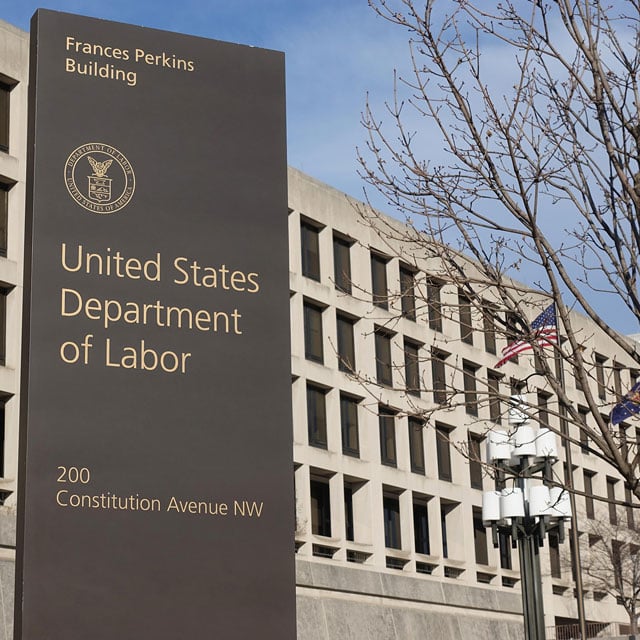
The Labor Department's new fiduciary rule will face a lawsuit, according to Ben Harris, director of the Retirement Security Project at Brookings in Washington.
"I think it's virtually sure that you'll see a lawsuit filed against it," Harris, who previously served as assistant secretary for economic policy and chief economist at the Treasury, said during a recent Brookings podcast.
The suit, Harris said, will likely be based on the industry's claim that the rule, the Retirement Security Rule, is "overly stringent, and what this means is that advisors will drop out of the market," a similar claim that industry was making in 2016, when the first DOL fiduciary rule was floated. The rule was thrown out in court in 2018.
Harris stated that he didn't find the industry's argument "terribly compelling at the time, in part because, as a saver, if you spend your whole life accumulating savings and you're going to someone for advice, and you're paying them for that advice, you're expecting that the advice they give you is in your own best interest. And this is a really important decision. I mean, it's literally a lifetime of saving that's on the line here."
At the time, Harris continued, "I felt like the academic evidence and the projections suggesting that people would drop out of the market, that advisors would drop out of the market owing to the fiduciary rule in 2016 probably wasn't all that well-founded on the evidence."
It's true, however, "that some commissions might go down or they'd have to be paid differently, but I didn't feel like there would be this overwhelming dearth of investment advice in the market," Harris said.
Similar arguments will be raised in potential lawsuits, "which is basically focused on exits from retirement advisors from the market, potentially leaving low- and middle-income savers with no advice," Harris continued. "Now, if that happens, I think it's a legitimate complaint. I just don't think [it] will happen."
The new fiduciary rule is "less broad" than the 2016 rule, Harris relayed.



